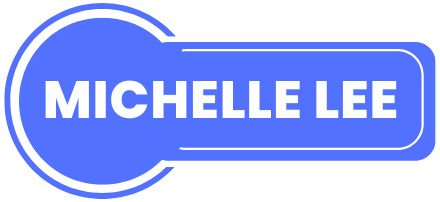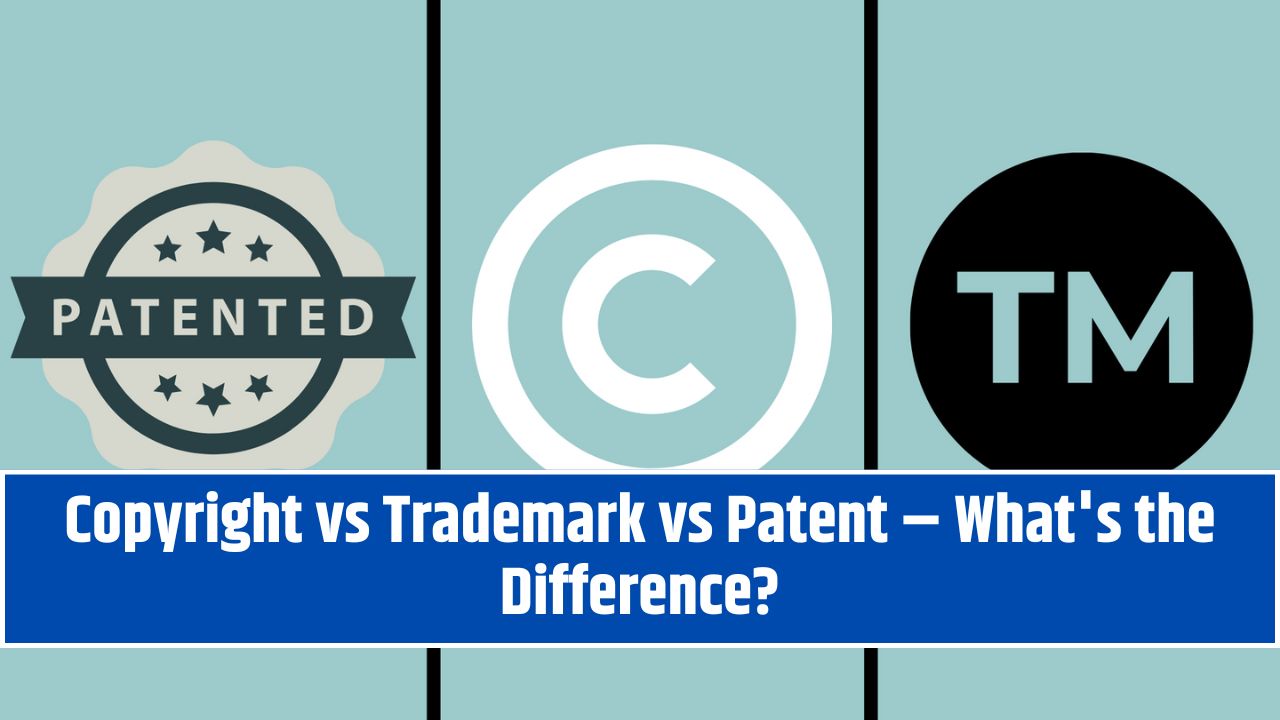Alright, let’s be real here. The whole “intellectual property” thing sounds like something straight out of a law textbook, right? But if you’re a content creator, entrepreneur, artist, inventor, or even just someone posting memes online (don’t lie, we see you), knowing the difference between copyright, trademark, and patent could literally save your butt.
I used to confuse these all the time. I thought trademarks were for “big brands,” copyrights were just for songs, and patents were only for people who invented flying shoes or something. But the truth? These three little words have MASSIVE implications for your ideas, your work, and your wallet.
So today, we’re breaking it all down in plain, human language. No lawyer-speak. No confusing clauses. Just a straight-up breakdown of:
- Copyright
- Trademark
- Patent
Let’s go.
1. COPYRIGHT = Protects Creative Work
Think: Art, Music, Writing, Film, Design, Code
What It Covers:
- Books
- Blogs
- Photos
- Paintings
- Songs
- Podcasts
- Movies
- Software
- YouTube videos
- Website content
- EVEN memes (yup, technically)
Basically, if you create something original and tangible, it’s protected under copyright the moment you hit “save” or “publish.” No paperwork required. Boom.
Example:
You write a sassy blog post about dating in 2025? It’s copyrighted.
You shoot a video explaining how to make sourdough with AI-generated flour? Copyrighted.
Someone copies and pastes your entire Instagram caption word-for-word? They’re violating your copyright.
How Long It Lasts:
- Your lifetime + 70 years (in most countries, including the U.S.)
- For corporations or anonymous works: 95–120 years
Pro Tip:
You can register your copyright with the U.S. Copyright Office. It gives you extra legal power if you ever need to go all Liam Neeson and say “I will find you… and I will sue you.”
2. TRADEMARK = Protects Brands & Business Identity
Think: Logos, Brand Names, Slogans, Taglines
What It Covers:
- Brand names (e.g., Nike, Starbucks)
- Logos (e.g., Apple logo, McDonald’s arches)
- Taglines (e.g., “Just Do It,” “I’m Lovin’ It”)
- Product names (e.g., iPhone, Big Mac)
- Even sounds (like the Netflix “tudum”) or colors (Tiffany blue)
Trademarks protect the identity of your brand, so people don’t get confused and accidentally buy knock-off Nikes spelled “Nykee.”
Example:
Let’s say you start a skincare line called “Glow Goblin” with a catchy little green-face logo. If someone else tries to launch “Glow Gobblin” with a similar logo? Trademark law protects you. You can fight them like the branding warrior you are.
How Long It Lasts:
- Forever — as long as you keep using it in commerce and renew it (typically every 10 years)
Pro Tip:
Just because you use a name doesn’t mean it’s legally yours. Registering your trademark with the USPTO gives you national protection, legal rights, and some serious street cred.
3. PATENT = Protects Inventions & Functional Stuff
Think: How something works or is built
What It Covers:
- Machines
- Tools
- Chemical formulas
- Processes
- Software systems
- Tech gadgets
- New ways of doing something
If you invent something totally new or a novel way to do something, you can patent it. That stops other people from copying your genius and cashing in on your work.
Example:
You design a phone that folds into a smartwatch and uses brainwaves to send texts? You’d patent the design and the technology behind it. Then boom—no one can legally steal your idea (for a limited time).
Three Main Types of Patents:
- Utility Patents – How something works (e.g., machines, processes)
- Design Patents – How something looks (e.g., the unique shape of an iPhone)
- Plant Patents – Yes, for actual new plants you breed (science, baby!)
How Long It Lasts:
- Utility patents: 20 years
- Design patents: 15 years
- Plant patents: 20 years
Pro Tip:
Patents are expensive and take time. You’ll need a lawyer, lots of documentation, and maybe a stress ball. But if your invention is that cool? It’s worth it.
TL;DR — WHAT’S THE DIFFERENCE?
| Type | Protects | Examples | Duration |
|---|---|---|---|
| Copyright | Creative works (expression) | Blog posts, music, art, video | Life + 70 years |
| Trademark | Brand identifiers (identity) | Logos, slogans, product names | Forever (with renewal) |
| Patent | Inventions (function or design) | Gadgets, formulas, machines, software | 15–20 years |
REAL-WORLD ANALOGY (Just for Fun)
Let’s say you create a new phone app called GrooveTok:
- You write original code and design funky animations. That’s protected by copyright.
- You come up with a wild logo—a dancing sloth in sunglasses—and the slogan “Vibe While You Scroll.” That’s your trademark.
- You invent a totally new swipe-to-teleport feature no one’s ever seen. That tech? Yep, that’s a patent.
Now imagine someone tries to copy all three. You’ve got your legal force field ready to go.
FINAL THOUGHTS: WHICH ONE DO YOU NEED?
- Writers, artists, content creators → Focus on copyright
- Brand builders, business owners → Get your trademark game strong
- Inventors, tech founders, engineers → Protect that genius with a patent
And if you’re all three? Dang. Power move. Just make sure to consult an intellectual property lawyer if you’re serious about protecting your stuff (no, your bestie who “watched Suits” doesn’t count).




